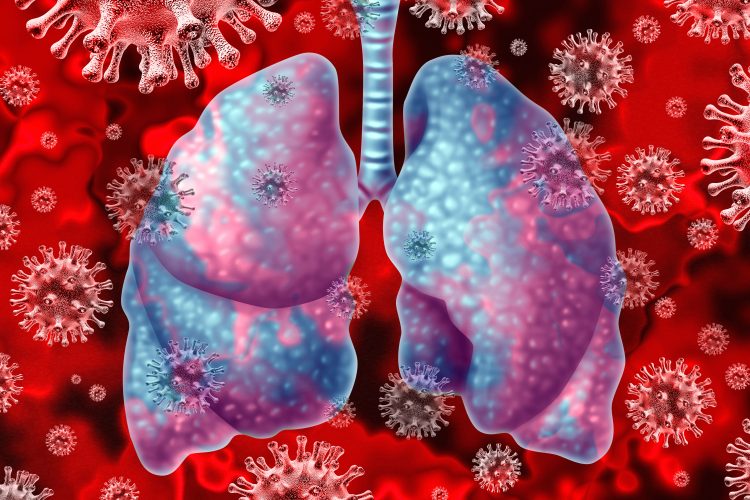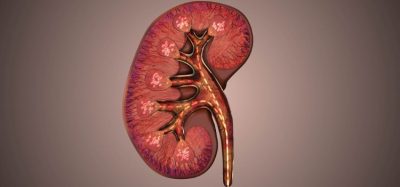Potential cytokine storm treatment identified for severe COVID-19 patients
Posted: 8 June 2020 | Hannah Balfour (European Pharmaceutical Review) | 2 comments
Treating COVID-19 patients with respiratory distress with acalabrutinib, a Bruton tyrosine kinase (BTK) inhibitor reduced inflammation and improved their breathing within three days.


A prospective off-label clinical study suggests that blocking the activity of the Bruton tyrosine kinase (BTK) protein could be of clinical benefit to severe COVID-19 patients.
The off-label trial led by the US National Institutes of Health (NIH) tested the cancer drug acalabrutinib – a BTK inhibitor that is approved to treat several blood cancers – in patients hospitalised with a confirmed COVID-19 diagnosis, who also had low blood-oxygen levels and evidence of inflammation. The result was reduced respiratory distress and a reduction in the overactive immune response in most of the treated patients.
The BTK protein is known to play an important role in macrophages, a type of innate immune cell that drive inflammation by secreting cytokines. Cytokines signal to other cells to stimulate and direct the immune response. In some patients with severe COVID-19, a large number of cytokines are released in the body at one time, causing the immune system to damage the function of organs such as the lungs, in addition to attacking the infection. This dangerous hyperinflammatory state is known as a cytokine storm.
There are currently no treatment strategies available to combat cytokine storms, so this study was developed to test whether blocking the BTK protein with acalabrutinib would reduce inflammation and improve the clinical outcome for hospitalised patients with severe COVID-19.
Published in Science Immunology, the study included 19 patients, 11 had been receiving supplemental oxygen for a median of two days and the (eight) others had been on ventilators for a median of one and a half days.
Within three days of receiving acalabrutinib, the majority of patients in the supplemental oxygen group experienced a substantial drop in inflammation and an improvement in their breathing. Eight of these 11 patients were able to come off supplemental oxygen and were discharged from the hospital. The benefit of acalabrutinib was less evident in patients on ventilators, four of the eight patients were able to come off the ventilator, two of whom were eventually discharged. However, the authors noted that the ventilator patient group was extremely clinically diverse and included patients who had been on a ventilator for prolonged periods of time and had major organ dysfunction. Two of the patients in this group died.
The blood samples of the patients treated with acalabrutinib all had reduced levels of interleukin-6 (IL-6), after treatment. Counts of lymphocytes rapidly increased in most patients, a low lymphocyte count has been associated with worse outcome for patients with severe COVID-19.
The researchers also tested blood cells from patients with severe COVID-19 who were not in the study. In comparison with samples from healthy volunteers, they found that these patients with severe COVID-19 had higher activity of the BTK protein and greater production of IL-6. These findings suggest that acalabrutinib may have been effective because BTK is hyperactive in severe COVID-19 immune cells.
The authors cautioned that despite BTK inhibitors being approved to treat cancer, they are not approved as a treatment for COVID-19. The results of the study were used to inform the trial design of the CALAVI (acalabrutinib) randomised, controlled trial,which will examine the safety and efficacy of acalabrutinib in patients with severe COVID-19.
Related topics
Anti-Cancer Therapeutics, Clinical Trials, Drug Safety, Drug Targets, Proteins, Therapeutics, Viruses










I want to how we can covercome from this situatio.
What about usu
ing GW’s savitex which is a tried and tested drugs which is passed in US and Europe for use. Its’ 50:50 ratio of THC:CBD seems to do give the correct Entourage Effect